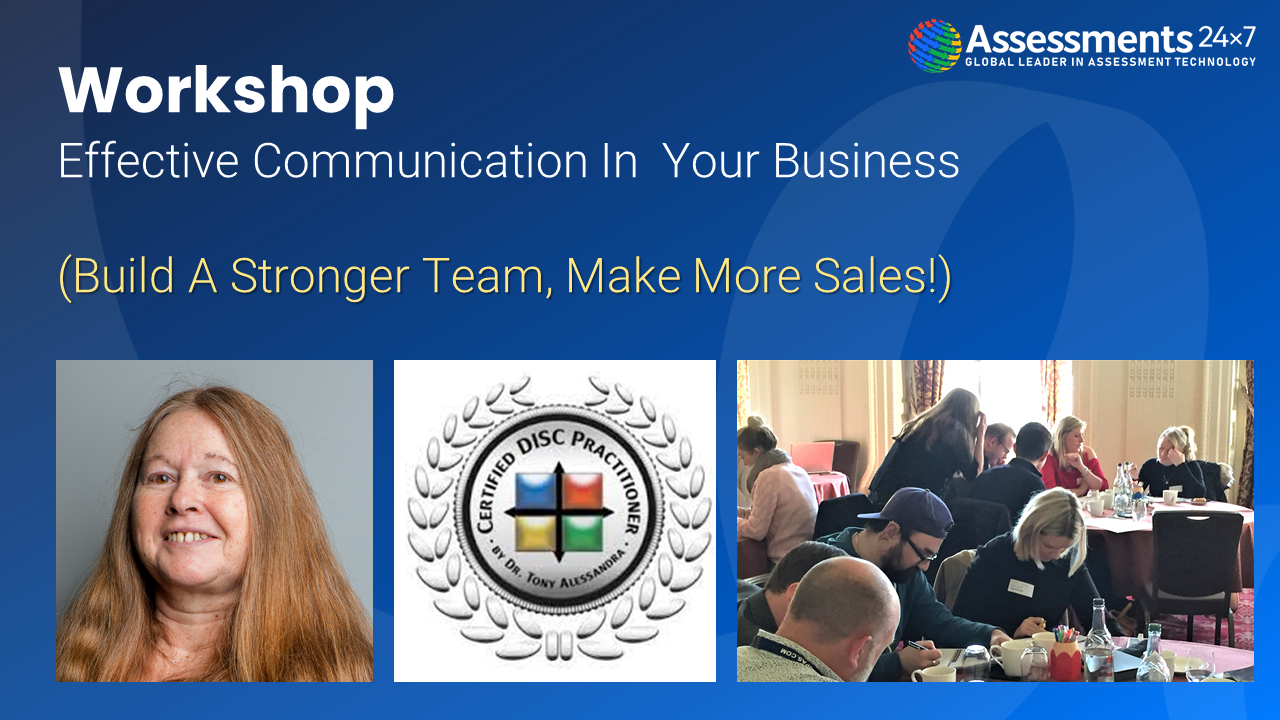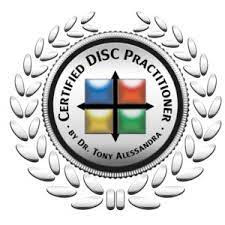Leading The Team
Imagine for a moment a group of people hacking their way through the jungle.
Amongst them are the managers. Their job is to organise the team, ensure the right tools are supplied and ready, check the cutting tools are sharp and the compasses are working. The organise the work and track the progress.
The leaders however are doing other things. They are the ones who climb the tree, and scan the horizon to determine which direction to go, where potential obstacles and aides may be, and indeed, whether everyone is in the right jungle in the first place, or would be better off somewhere else.
However, they can do the following:
1. Adapt their own behaviours and communication style to adapt to the communication style and world view of their team member. It is crucial to understand the significance of this point.
2. Equally crucially, to inspire the team member to change themselves. It is only within their power, not yours, to do this.
If you grasp this then we can work very successful with you and see some quick changes.
Understanding the communication profile of everyone on your team, as well as your own, is your starting place for understanding your effectiveness as a leader and improving the cohesion and effectiveness of your team.
For several years, with Business Owners and their teams, with other business organisations, with schools and with individuals and couples (business and life partners) we have been using the DISC model to effect these changes.
What is DISC?
The DISC theory was devised by psychologist William Moulton Marston (Emotions of Normal People).
In looking to understand how normal human emotions lead to behavioral differences, Marston’s research and behavioural analysis led him to theorize that all human expression of emotions could be categorized into four behavioral types: Dominance (D), Inducement (I), Submission (S) and Compliance (C).
Marston determined that each behavioural type was a result of each person's perception of their environment (favorable or unfavorable), their sense of self within the environment (having control or lacking control) and their interaction with others within that environment.
DISC-overing Your Team’s Strengths and Weaknesses
DISC is not a test, there is no pass or fail, it isn't about values either, neither is it about motivators in isolation. What DISC does, and has done so very effectively for nearly 100 years is help organisations and individuals understand how to better relate to, communicate with and ultimately put these diverging personalities together can bolster your team’s effectiveness and your organisation’s success.




